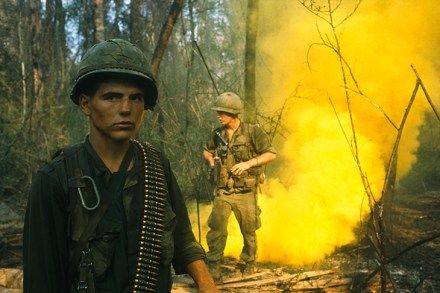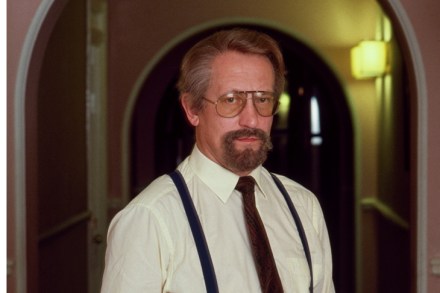In cold blood | 18 October 2018
The 50th anniversary of the Vietnam war has produced an outpouring of books, along with Ken Burns and Lynn Novick’s 18-hour television spectacular, which sparked in the United States yet another round of heated debate on the war. The journalist and military historian Max Hastings’s fast-paced and often compelling narrative will surely rank as one




















